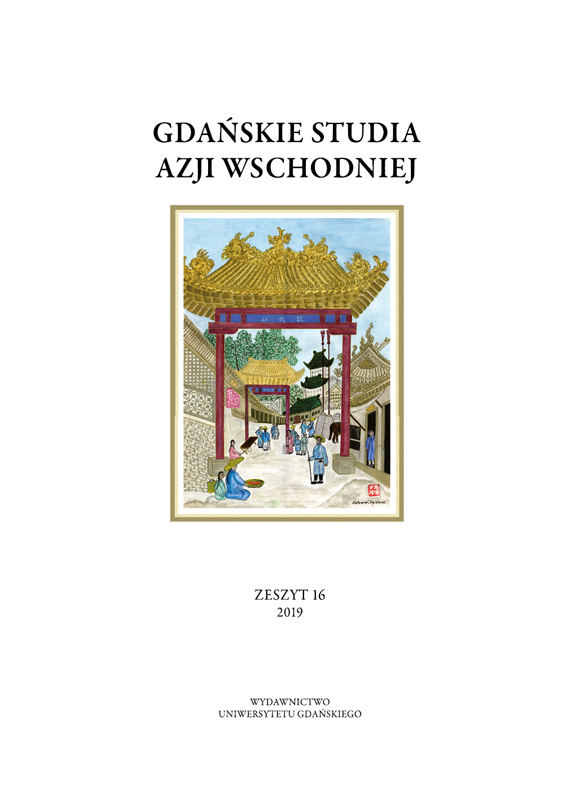Reforming law on administrative procedures towards a rule-of-law state in Vietnam
Abstract
Vietnam has embarked on the open market economy under socialist orientation since the amendment of the 1980 Constitution in 1992 due to the collapse of the former Soviet Union. The introduction of Doimoi (renovation) in 1986 is considered as a turning point of Vietnam. Doimoi required government to change its role in order to meet the growing demands. It is the same as the case of China, ‘the transitional to market economy required a new form of government and style of regulation. Vietnamese Government could not carry out both economic and public administrative functions as used to be in the period of centrally planned economy. It other words, the role of government in transition has changed from government-controlled to government-steered in the market-based system. As the centrally planned economy created the ‘applicationapproval’ administrative system, therefore, it was essential to reform administrative system in order to respond to the changes of economic regime. In addition, global integration also requires Vietnam to reform public sector to achieve development targets. ‘Institutional reform, human resources development, recourse mobilization and financial management, and innovation and information technology capacity building’ are essential reforms to integrate into the global economy and achieve the MDGs.

 Academic Scientific Journals
Academic Scientific Journals





